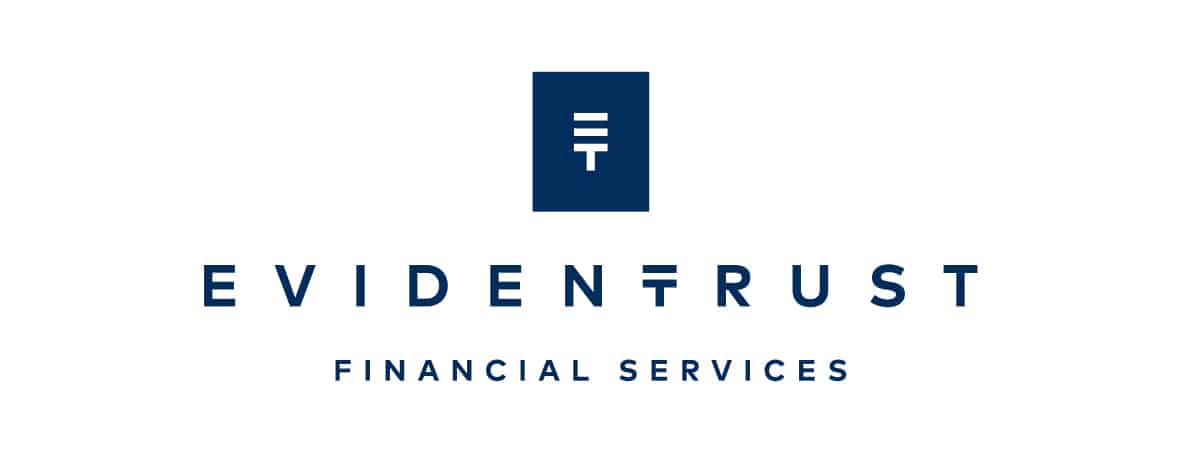Perhaps the most common question raised by sole-traders or any other person taking their first steps into the business ownership era is whether they should incorporate their business into a Limited Liability Company (“Company”) or operate as self-employed individuals. Even though plenty of information is readily available and accessible to everyone, the decision whether to incorporate a business is not made by just ‘ticking the box’ checklist and is definitely not a black or white decision. A range of different factors need to be considered covering the pros and cons of incorporated vs. non-incorporated businesses.
The vast commoditization of products and services, which refers to the process of making something into a commodity with the main competing factor being the (lowest) price, has, in no doubt, affected business owners in assessing every decision in terms of its price and cost. However, a service, a product or in this case the decision to incorporate your business, should be evaluated based on several factors instead of being limited simply to the cost of forming and running a company. Certain other important areas, which are elaborated below, are usually overlooked. It comes with no surprise that the decision to incorporate a business, in many cases mainly those focusing on the short run, comes down to the setup and running costs of a Company. Other important factors such as liability protection, taxation, future expansion plans, exit strategy, partnerships and credibility are shadowed by the “commoditization” thinking.
The purpose of this article is to clear up the business incorporation dilemma by highlighting the factors that need to be evaluated by business owners when deciding on whether to incorporate their business into a Limited Liability Company. This article is tailored to Cyprus incorporated and tax resident companies and self-employed Cyprus tax resident individuals working in Cyprus.
Incorporation costs
Incorporation costs, the most favourite subject for discussion by non-incorporated business owners focusing on the short run targets, is obviously discussed first. Running a business as a self-employed individual has the benefit of having no setup costs, whereas, for incorporate business a Company needs to be formed and registered to the Registrar of Companies. As an indication, incorporation fees start from around €1,200 and can go up to €2,500 depending on the charge rate of the person incorporating the company. Although, for incorporating a business one has to incur the incorporation costs, it should not be neglected that this is a one-off cost to obtain a legal entity which can have a perpetual existence. The incorporation decision should be taken, having in mind the long run business objectives and plans.
Set-up period
In terms of timing, a self-employed individual can start operating an unincorporated business almost immediately as any contracts, invoices and bank accounts are held on the name of the self-employed individual. The only requirement is to be registered to the tax department and the social insurance department as a self-employed individual.
To the contrary, incorporating a business will take approximately 2 weeks, provided that a business name is approved on time by the Registrar of Companies. As the newly incorporate Company is separated by its shareholders and considered a separate entity, all contracts, invoices and bank accounts have to be held under the name of the Company. Perhaps the most time-consuming task is the opening of a Cyprus bank account which can take from a few days to a few months, depending on the shareholders’ nationality, nature of business operations and source of funds. Having onboard an experienced professional can help speed up the process to have a fully operational Company.
Accounting and Audit requirements
There is a public perception that having a company is associated with higher accounting and audit fees. This perception is not entirely true. In general accounting and audit fees are directly affected by the volume, complexity and nature of the business transactions and operations.
Having your business incorporated into a Company does not necessarily increase the accounting and audit fees. Provided that the business operations remain the same, the accounting fees should not be expected to differ between incorporated and unincorporated business.
The only major difference between the two operating options is the requirement for audited financial statements. It is a mandatory requirement for all Cyprus Companies, irrespective of their turnover, to have annual audited financial statement and tax returns prepared by independent auditors. On the other hand, self-employed individuals with annual turnover below €70.000 are not required to have audited financial statements. However, if their annual turnover is above this threshold, then it is mandatory for self-employed individuals to have audited financial statements submitted along with their tax returns by independent auditors. It can be concluded that as the business turnover increases above €70.000 the difference of the total accounting and audit fees between incorporated and unincorporated business diminishes.
Taxes
One of the major factors, and possibly the most important, that should be evaluated when deciding on whether or not to incorporate a business is taxation. Taxes is a major area which require advice and planning from experienced professionals. For the purpose of this article, we will highlight the main tax points to be evaluated when incorporating a business.
Tax is applied on the taxable profits but with different rates (elaborated further below) for companies and individuals. Taxable profits are decreased through tax allowable expenses. There is an incorrect perception that the use of a company will lower the taxable profits as additional expenses can be added to reduce the taxable income. This perception is incorrect. Under either option, expenses are only allowed to be deducted from the taxable profits when they are incurred wholly and exclusively for the purpose of conducting a business activity. The same principle is applied under both options.
The taxable profits are taxed based on the applicable tax rates. For self-employed individuals, taxable profits are taxed according to the income tax rates for individuals starting from 0% up to 35%. In addition, taxable profits from trading activities are also subject to 4% contribution to the Cyprus General Healthcare system (CGHS). For companies, the corporation tax rate, during the writing of this article, is 12.5% flat rate, but there are discussion to increase the corporation tax rate to 15%. To extract the company profits, dividends need to be issued which might be subject to Special Defence Contributions (SDC) and CGHS contributions. If the company’s shareholders are Cyprus Domiciled individuals then the company’s dividends are subject to 17% SDC, and are also subject to 2.65% CGHS if the shareholders are Cyprus residents-with a cap of €180.000 annual income per individual.
To summarize, for a self-employed individual the combined tax rate and CGHS contributions can range from 4% up to 39%, whereas for a Company the effective taxes to extract the company profits can range from 12.5% (for non-domiciled and non-Cyprus resident shareholders) up to 30% (for Cyprus resident and domiciled individuals).
As a starting point, for taxable profits above €36.000 it is more beneficial to operate as a Company due to the lower overall taxes. This is because individuals are subject to progressive taxation (i.e. as the profits increase so does the tax rate), therefore for taxable profits above €36.301, self-employed individual is taxed at 34% (30% income tax and 4% GHSC) whereas the Corporation tax (12.5%). In addition, there is a major tax planning advantage for incorporate businesses as the shareholders can choose to receive a portion of the profits as salary, thereby, taking advantage of €19.500 non-taxable income.
VAT
The VAT law has the same applicability for Companies and self-employed individuals and, therefore, there is no apparent difference for conducting business under either option. If the annual turnover of a company or a self-employed individual exceeds the VAT registration threshold of €15.600 turnover within the last 12 months then the requirement for VAT registration is applied under either business option.
Other unique advantage of running a business through a company
- Limited Liability / Protect Your Personal Assets:
The liability of shareholders, unless and otherwise stated, is limited to the face value of the shares held by them and does not expand to their personal assets. Incorporating a business is considered one of the best ways to protect personal assets when conducting a business.
A Company is considered a separate legal entity and it is responsible for its own debts. That means creditors of a company generally can seek payment only from the assets held by the company and not from the personal assets of its shareholders, directors, and officers.
- Perpetual Existence:
Companies is one of the most enduring legal business structures. A company can continue its operations indefinitely, regardless of what happens to its directors, officers, managers, or shareholders.
- Expansion and Partnership Potentials:
Expansion of the business, in the form of additional shareholders or capital injection in the form of shares and debentures, is feasible and fast. In contrast, self-employed who would like to conduct business with other individuals as partners, are required to form a partnership which does not offer the benefits of a company.
- Transferability of Shares and ownership:
The disposal of an incorporated business or transfer of ownership, is much faster, easier and much cheaper if executing through a transfer of shares, compared to a transfer of business as a self-employed where the process in lengthier and might have tax and VAT implications. It should be noted that the sales of shares are exempt from the Cyprus taxes, unless the shares have rights to immovable property in Cyprus in which case the profits will be subject to Capital Gains tax.
- Enhances Your Business’ Credibility
The benefits of incorporating a business go beyond finances. Suppliers, customers, and business associates often perceive corporations and companies as being more stable than unincorporated businesses (i.e. companies run as sole-traders/self-employed individuals). In a sense, having “Ltd” or “Inc.” after your business name conveys permanence, credibility, and stability, and communicates your commitment to the ongoing success of your business venture.
- Gain Anonymity
A Company can offer some anonymity to its owners/shareholder as they are not immediately visible (see point 1 below on the lack of secrecy for more details). If anonymity is high priority then, the best choice may be to incorporate.
Cons to be considered:
Despite its several advantages, the company form of ownership also suffers from some disadvantages compared to unincorporated businesses. The important ones are:
- Lack of Secrecy:
As per the legal requirements, a company has to make various statements available to the Registrar of Companies which impairs the secrecy of business. Cyprus corporations are required to submit their audited accounts and update the Ultimate Beneficiary Ownership register on an annual basis. Even through the UBO registry is currently available only to specific authorities, the company’s financial statements are available to everyone by paying a small fee to the Registrar of Companies.
- Restrictions:
Compared to sole-traders/self-employed and partnership, a company has to comply with more legal requirements deriving from the Companies Law. These tasks consume considerable time and effort and additional costs if outsourced.
- Annual Levy
In contrast with unincorporated business, every company, registered in the Registrar of Companies, must pay an annual fee of €350 by the 30th of June of each year. This fee, depending on the company’s volume of activities, can have a negligent effect on the decision to incorporate a business. However, it is worth to be mentioned that there are discussions for abolition of the annual levy.
Wrapping-up
Although the thought of incorporating a business might appear intimidating at first, the potential advantages can have a significant effect over the long run. Each potential benefit obtained from incorporating a business will certainly have a different weight factor for each business owner. The significance of each benefit and implication from incorporation, will need to be assessed individually and collectively, always taking into account the particular characteristics and requirements of each business.
This article has been prepared as a general guide for information purposes only as many other aspects should be taken into account. The information contained in this article is not a substitution for professional advice or an advice at all. Independent advice from professionals should be received based on the particular facts of each business case.







